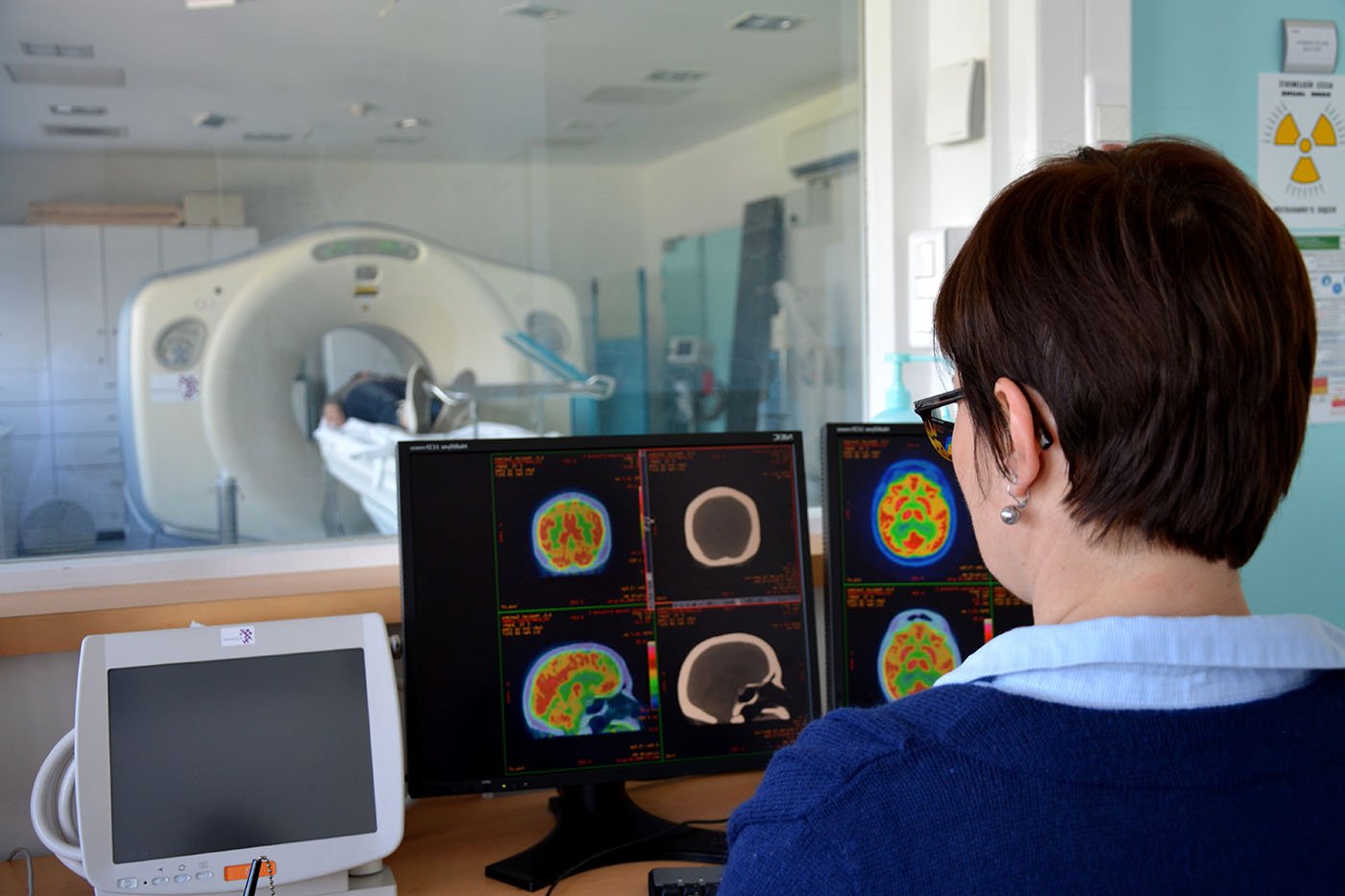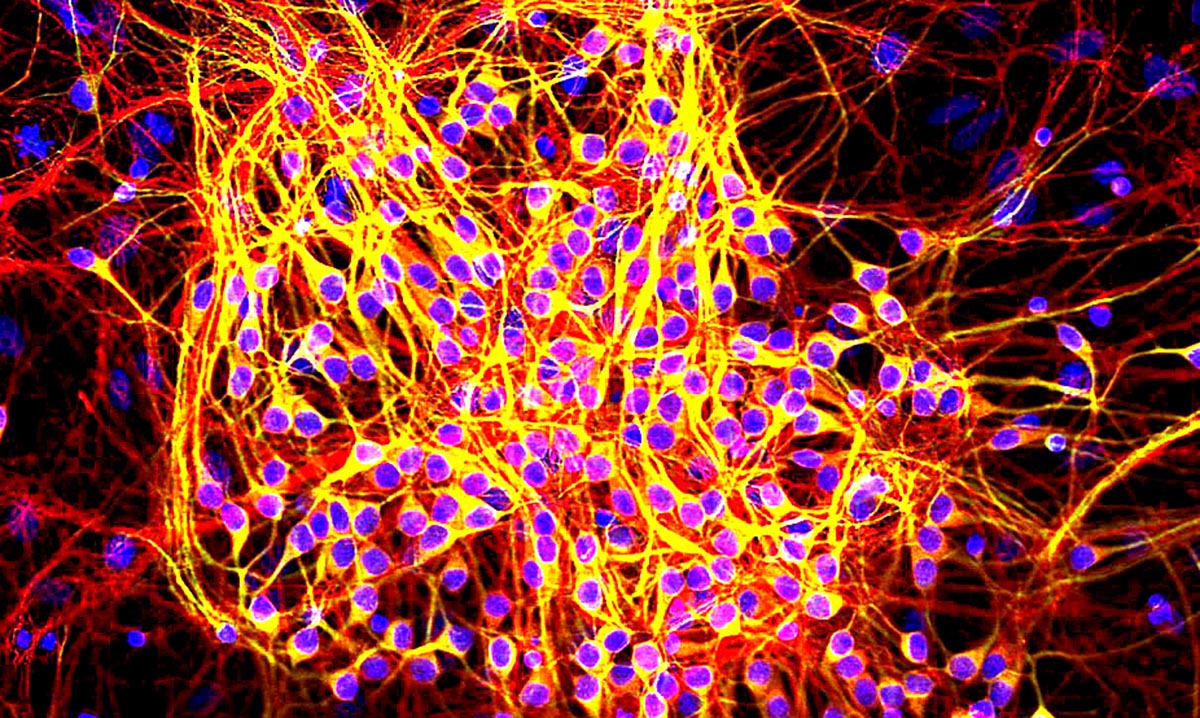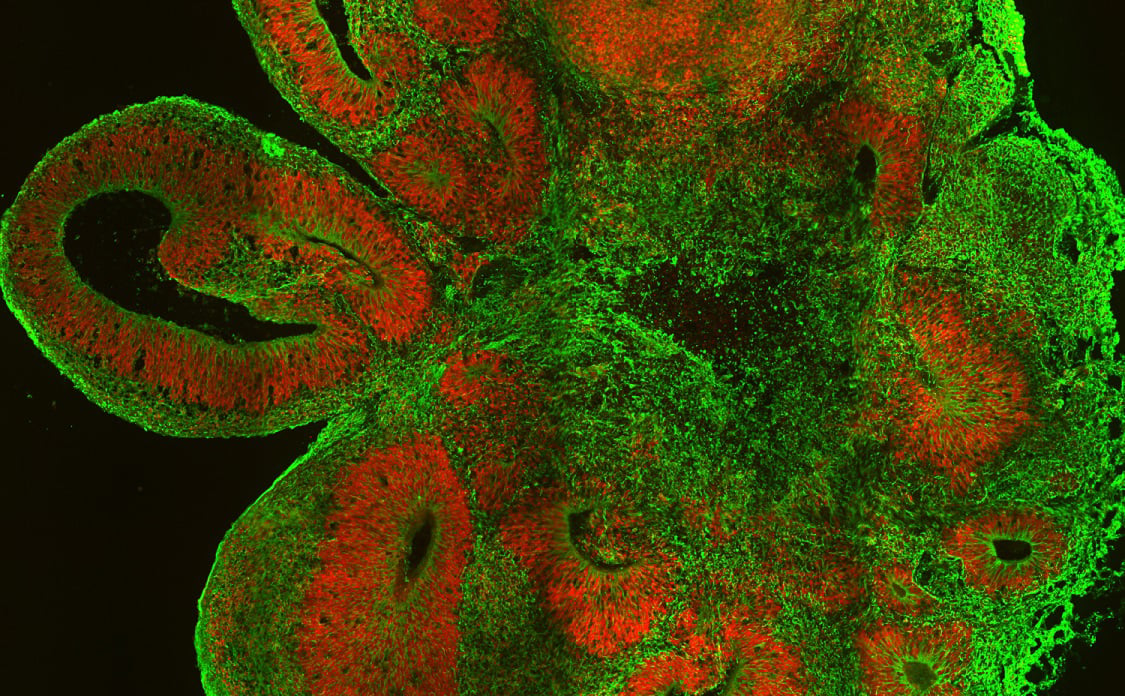Link between music and speech rhythm in brain could provide language insight
Neuroscientist Dr Domenica Bueti often plays an altered version of the classic aria La donna è mobile when she gives talks about the importance of time perception. Her friend’s piano rendition of Giuseppe Verdi’s composition uses the same notes but is played at different speeds. Rarely does anyone ever identify the tune. ‘When I play it with … Read more






